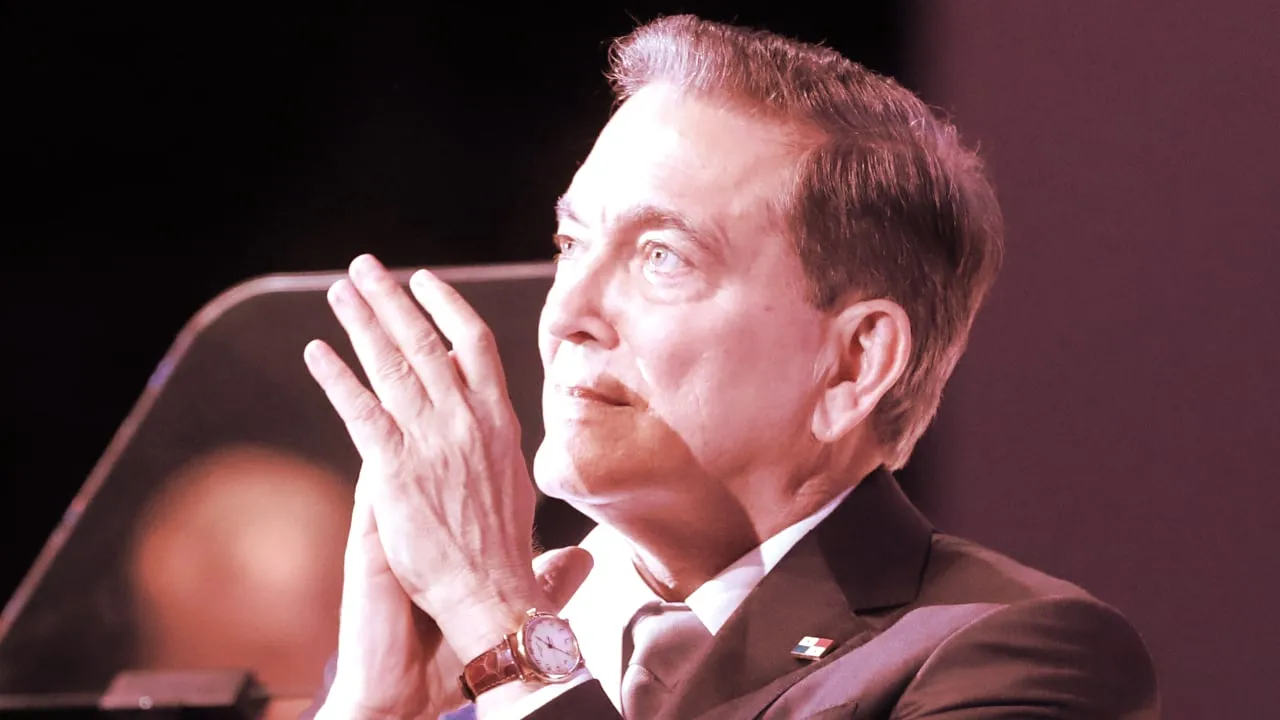In brief
- Panamanian lawmakers last month approved a law that would allow citizens to spend cryptocurrency.
- But the president of the Central American country is not in a hurry to pass the bill just yet.
Just last month, Panama looked like it was set to be the next Latin American country welcoming Bitcoin with open arms when the country’s legislature approved a bill regulating the use of cryptocurrencies in the country.
The bill needed to be signed by the country’s president before it came into force. And politicians and cryptocurrency enthusiasts were feeling optimistic.
But the president of the Central American tax haven might be having second thoughts.
Today in a Bloomberg interview, President Laurentino Cortizo said he may veto the bill because he wants guarantees that it complies with global anti-money laundering standards. “I have to be very careful if the law has clauses related to money laundering activities,” he said in a live interview.
The ‘Crypto Law,’ as it’s called, would allow Panamanians to buy everyday goods with digital assets. The bill mentioned that Bitcoin, Ethereum, XRP, Litecoin and Stellar would be allowed for trade.
Congressman Gabriel Silva, who helped draft the bill, said it would help the country “become a hub of innovation and technology in Latin America” and help the unbanked—over 50% of Panamanians.
The draft bill also recognizes DAOs—decentralized autonomous organizations—as legal entities and sets the framework for the country to issue tokenized securities and commodities, like gold and silver, via security token offerings (STOs).
DAOs are big in the crypto world, and aim to make organizations and projects decentralized, and not hierarchical like most businesses. Most of them make use of a native cryptocurrency or token to govern their decision-making.
President Cortizo said today that he thought the law was “good” and “innovative,” but added that his lawyers were reviewing the bill and would make recommendations to him on what to do next.
Unlike in El Salvador, a small Central American country where you can spend Bitcoin freely, the law wouldn’t make cryptocurrency legal tender: businesses wouldn’t have to legally accept blockchain-based coins and tokens if they didn’t want to.

